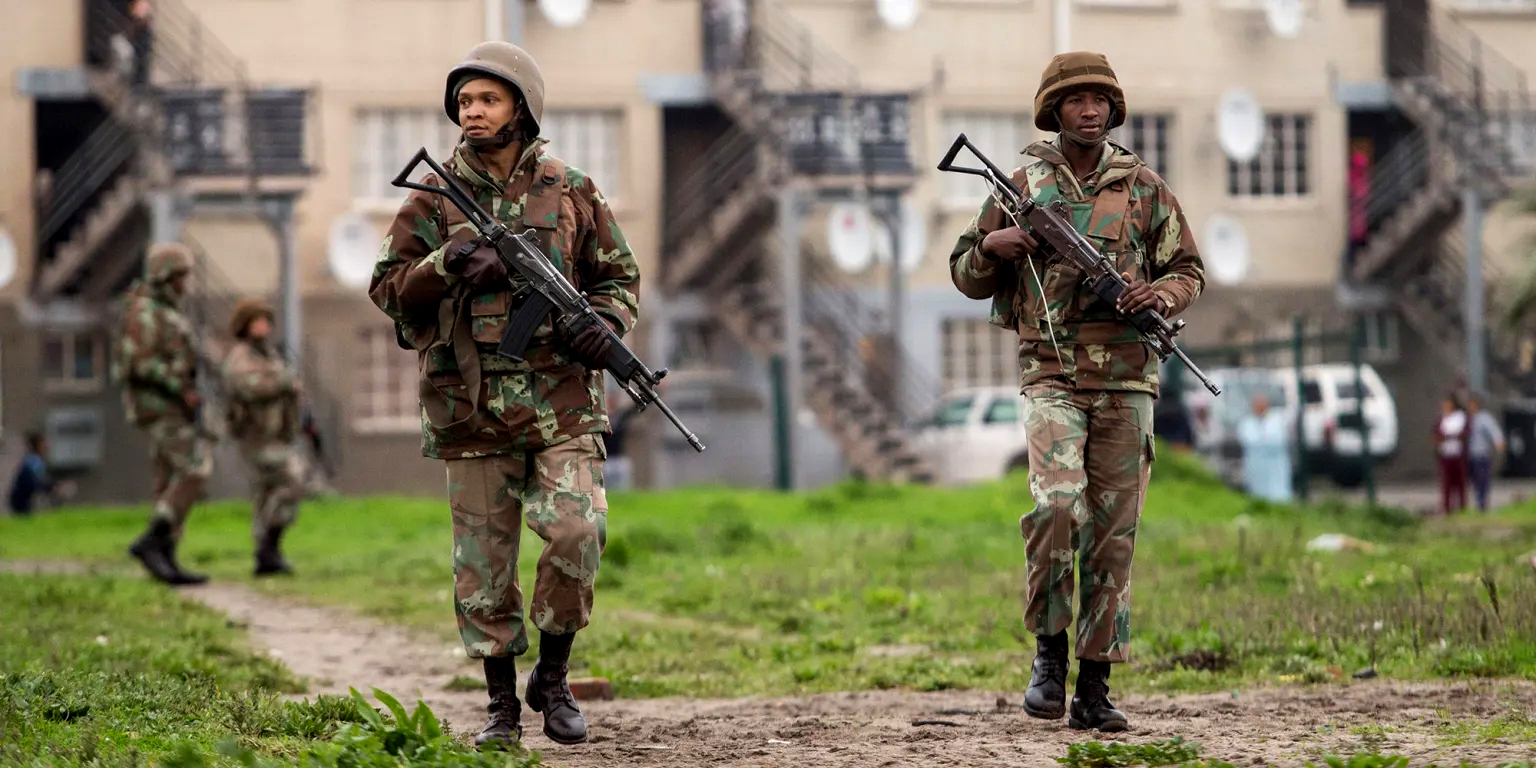There is an old joke that the military only engages in trench warfare when it’s a last-ditch effort. The same might be said of Rishi Sunak’s election campaign in the UK, where he announced that if the Conservatives win the 4 July election (they won’t), he would reintroduce national service.
It was an eye-popping announcement, slightly mitigated by the fact that it was all but withdrawn the day afterwards. Instead of the usual national service gig, which is a year out of your life after you leave school, the Conservative plan is that only around 30,000 conscripts would actually join the military; the rest — all 570,000 of them — would work for 25 days a year on some project.
Sunak said the “new form of national service” would be “to give our young people the chance to enjoy new experiences, learn new skills and feel a sense of community, belonging and national purpose”. Trust me, as a person who, back in the day, did national service, there was not much “enjoying new experiences”, unless you regard running around carrying telephone poles as enjoyable.
Interestingly, and largely unnoticed, several of the election manifestos of SA’s political parties have expanded national service commitments.
The EFF manifesto says, “The EFF government shall mandate that each person undergo compulsory military training for a year or six months after matriculation, offering life skills and discipline”. Okay, so military service is now “offering” discipline. Great. (It’s not clear whether the “or six months” is a typo — that’s how it appeared in the manifesto.)
Border duty
More seriously, the ANC manifesto calls for the expansion of the National Youth Service Programme in partnership with the SANDF, with a targeted intake of 100,000 young men and women. That’s a pretty big commitment — around 2½ times the size of the current volunteer army. The Patriotic Alliance also mentioned military service, “for unemployed youth”, also to instil discipline and skills, “while also assisting in border security and deportation efforts”.
That’s something for young people to look forward to: border duty. It was so popular during apartheid times, why not bring it back?
It’s interesting that many more countries around the world still have compulsory military service than you might imagine. There are 113 countries that don’t have compulsory military conscription, but there are 57 which do have compulsory military service of at least a year. A total of 26 countries require a two-year commitment. They tend to be the countries you might expect which have had military conflicts in the recent past, including both Koreas, Vietnam and Mozambique.
The structures are also interesting. Some countries now have armed and “non-armed” portions, so some part of the conscription is dedicated to public service rather than military service. In the UAE, boys automatically go into the army if they drop out of school. Not many countries conscript women; a notable exception is Israel, where men serve for three years and women for two.
What fascinates me about conscription is that it tends to be favoured by old men who won’t have to serve themselves, and the justification is often about learning “discipline”, as the EFF and PA manifestos explicitly state.
I presume some people benefit from an enforced regulated life, but I suspect that the notional benefits of conscription are massively overstated. If it were true that a regulated existence was a personal benefit then you might expect that anyone who had been to jail would immediately succeed, but sadly it doesn’t turn out like that.
Disciplined people are disciplined largely by nature, and I know that precisely because I don’t fit into that category. Neither is “discipline” a value in its own right; for some people, being undisciplined, at least in the sense of being experimental, ends up being more useful.
But this is a trend worth watching: one of the consequences of geopolitical tension is that policymakers start wondering about imposing or bringing back conscription, a pretty dark trend. I am encouraged by the member of the K-pop band BTS known as Jin who celebrated the completion of his military service this week by hugging 1,000 fans.
There you are, you see, discipline! DM
Business Maverick
After the Bell: The creeping — and creepy — return of military service





